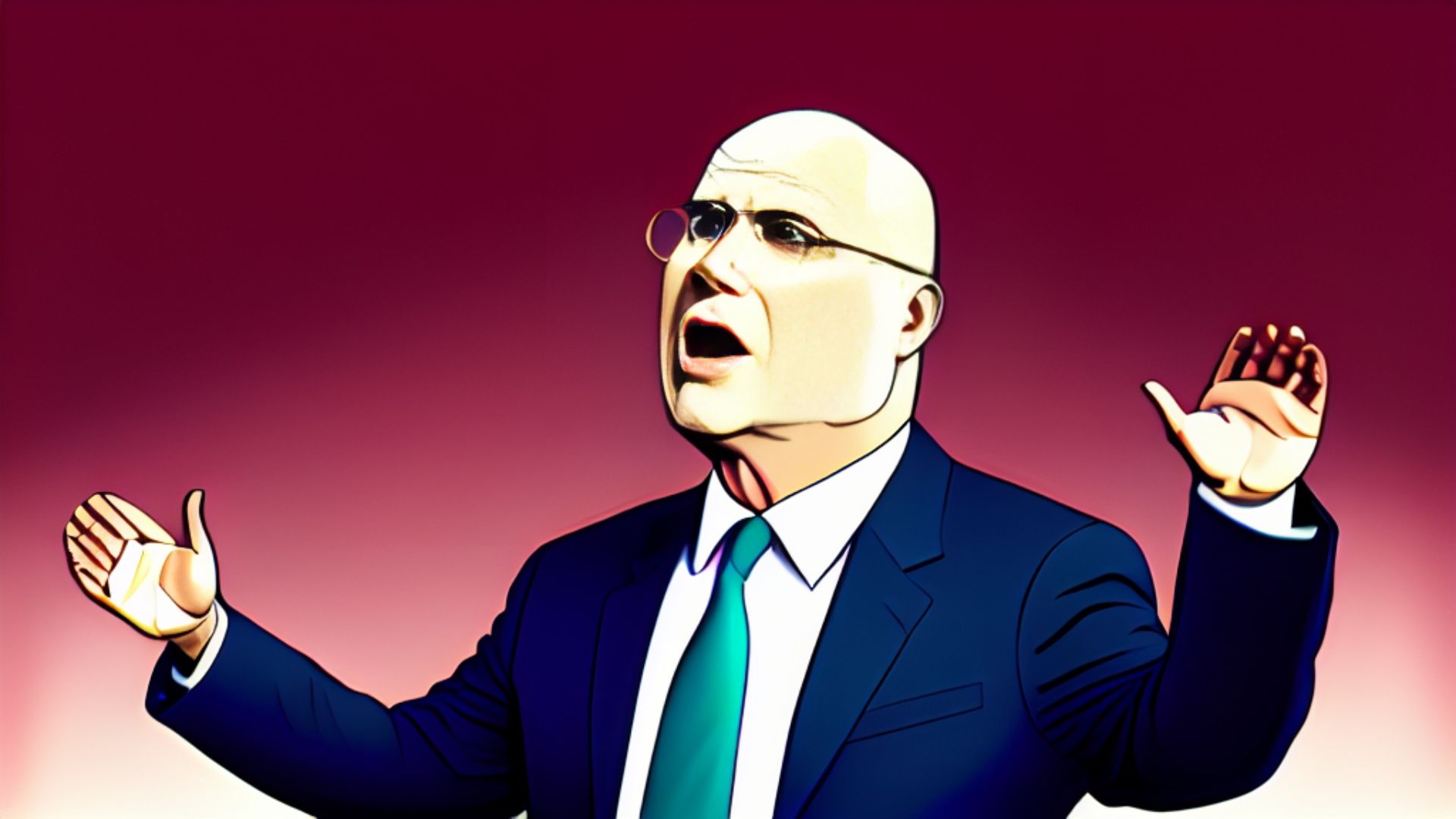What I Learned from Tim Keller

By now, everyone seems to have tweeted and blogged about Tim Keller. (See this thread for some of the tributes and essays that have been published over the past few days.)
At the risk of over-saturation, I wanted to reflect on some of what I learned from Tim Keller’s life and ministry.
You Can Be Orthodox and a Bunch of Other Things Too
You can fill in the blank with this one. You can be orthodox and missional. You can be orthodox and reach post-Christian people in a secular society. You can be orthodox and long for revival. You can be orthodox and kind. I knew all of this conceptually, but few people modeled this as well as Keller.
Who else has held on to confessionalism so well and also reached so many in a hard-to-reach area? Who else has had such a wide impact across denominational and theological lines? Who else has been kind and humble while doing so? I know all kinds of orthodox people, but few who have the combination of traits that Keller had in abundance.
You Can Learn From Almost Anyone
Keller was a voracious learner. He had the ability to read and quote widely. As Collin Hansen illustrates in his recent book, Keller read both broadly and deeply. He had a “God-given ability to integrate disparate sources and then share insights with others,” a trait that goes back to his college days. “He’s the guide to the gurus,” Hansen observes. “You get their best conclusions, with Keller’s unique twist.”
When you learn from Keller, you learn from others too. He had the ability to read, synthesize, and pass on the best from what he himself had learned. He showed a unique ability to transform his learnings into something new.
Preach to the Mind and the Heart
Keller had an unusual ability. His preaching was professorial. He was smart and assumed that his listeners were too. He quoted from philosophers, literature, and the high arts, as well as popular sources too. Nobody could accuse him of being an intellectual lightweight.
But he spoke to the heart. He believed that the sermon's purpose, to paraphrase Jonathan Edwards, is not just to tell people that honey is sweet, but to allow them to taste it. He wasn’t satisfied until people stopped taking notes and had an encounter with Jesus. He knew how to speak to the mind and engage hearts with the beauty and wonder of Jesus.
Build Your Ministry on Character, Not Just Giftedness
I graduated from Gordon-Conwell Seminary in 2007. I was thrilled to learn that Tim Keller would be speaking on graduation morning at the President’s Breakfast that year. (I wrote a post back then summarizing his talk.)
His subject that day: the importance of building ministry on character, not just giftedness. He quoted from Jonathan Edwards, and spoke of his own ministry. HIs challenge couldn’t have been more appropriate. Given the scandals that have plagued Christianity since then, it couldn’t have been more timely.
Keller seems to have lived that way. As Collin Hansen writes, “I never heard Tim Keller speak a cross word about anyone else … Tim tried to find truth even in the barbs of his harshest critics … In the last three years, as I knew him better, I respected him more.”
Keller wasn’t perfect, of course. But he was a man of character. The past few days have brought out story after story of his humility and kindness to so many.
Although he was extraordinarily gifted, the real impact of his ministry wasn’t just his giftedness but his character.
I could summarize so many other lessons I learned from his life — about church planting, cities, and the possibility of making your later years the most fruitful years — but these four stand out the most. I thank God for Tim Keller and all the lessons he taught me.





